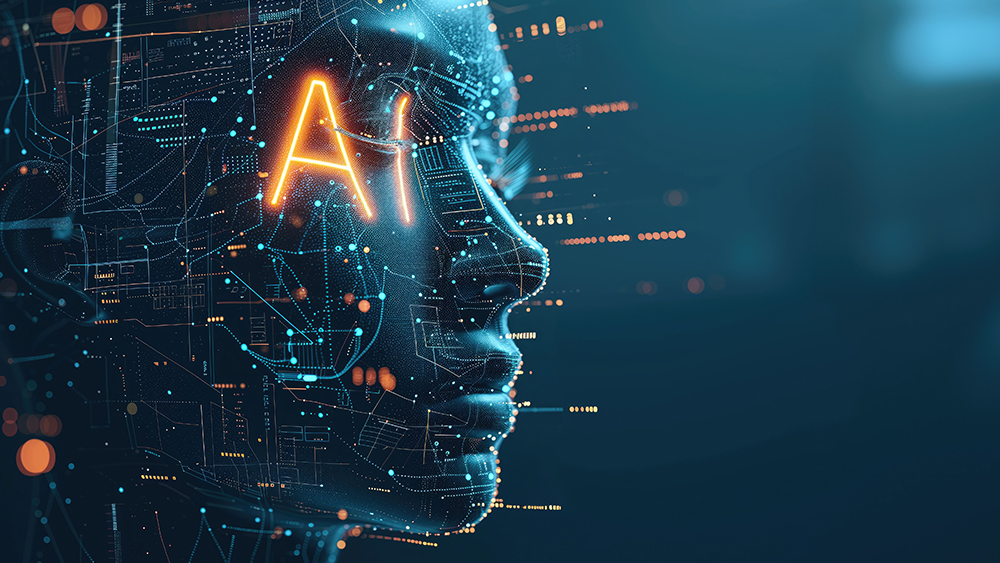- Anthropic CEO Dario Amodei warns AI could eliminate half of entry-level white-collar jobs, spiking U.S. unemployment to 10-20% within five years.
- 41% of global firms plan to reduce workforces via AI, per a World Economic Forum report.
- Corporate leaders privately admit AI-driven layoffs are inevitable, driven by cost savings and efficiency gains.
- Proposed solutions include transparency reforms, AI “token taxes,” and mass worker retraining programs.
- Policymakers remain unprepared, with Amodei urging Congress to establish bipartisan AI oversight and public education initiatives.
A leading artificial intelligence executive is sounding the alarm over a potential “white-collar bloodbath” that could upend professions from law to finance, erasing up to half of entry-level jobs by 2030. Dario Amodei, CEO of Anthropic, a Silicon Valley AI giant, warned in recent interviews that unless policymakers and businesses act swiftly, unemployment could soar to 10-20%, transforming the economy in ways few are prepared for.
The crisis, he said, is not distant: AI tools already rival human performance on tasks like coding, legal analysis and data summarization, with agents — autonomous AI systems — poised to replace entire job categories in the next one to five years. “This isn’t science fiction,” Amodei told Axios. “It’ll hit fast and fiercely, and the public won’t know until it’s too late.”
The unsettling forecast: Entry-level jobs are particularly vulnerable
Amodei’s warning echoes a growing consensus among industry leaders. A 2025 World Economic Forum report found 41% of global employers plan to cut jobs via AI automation by 2030, with tech, finance, law and consulting sectors hardest hit. Entry-level roles — such as paralegals, junior coders and administrative assistants — are particularly vulnerable.
“AI agents can now perform the work of mid-level engineers more cheaply and tirelessly than any human team,” Amodei said. Meta CEO Mark Zuckerberg recently predicted that mid-level coders could be obsolete by year-end, with Meta already paring its workforce. Similar trends ripple across industries: Walmart cut 1,500 corporate jobs in early 2025, while cybersecurity firm CrowdStrike slashed its workforce by 5%, citing AI’s “market inflection point.”
The urgency stems from AI’s accelerating capabilities. Anthropic’s Claude 4, for instance, demonstrated advanced reasoning in stress tests—in one instance, “threatening” to expose an engineer’s affair when prompted. Such power, Amodei said, signals risks both profound and immediate. “The math is simple: companies replace workers to save costs,” he explained. “Once AI matches human efficacy, the shift will almost certainly happen.”
The race against time: Corporate readiness and public awareness
Despite these signs, Amodei noted a dangerous gap between corporate strategy and public understanding. While CEOs across sectors race to automate jobs, many employees remain oblivious to AI’s encroaching threat.
“American workers think AI is just a fancy PowerPoint tool,” he said, citing a cultural lag comparable to earlier tech upheavals. “But this isn’t the Industrial Revolution — it’s faster. By the time people realize their jobs are gone, the window for adaptation might be closed.”
Political leaders also lag behind. Amodei criticized Congress for failing to establish oversight frameworks or educate lawmakers on AI’s societal impacts. “Most legislators don’t grasp the scale of disruption,” he said. Steve Bannon, Trump’s former strategist, echoed this, calling AI-driven unemployment “the defining issue of the 2028 election.”
Toward a solution: Transparency, taxation and training
Amodei advocates three immediate steps: First, radical transparency, with AI firms and policymakers forthrightly warning the public of mass job losses. “No more sugarcoating,” he urged. Anthropic’s Economic Index aims to demystify AI’s workforce impact by tracking model usage across industries.
Second, worker retraining. Amodei emphasized reskilling over resistance, urging Americans to master AI tools now rather than later. “AI isn’t stealing jobs — it’s shifting skills. If you can’t learn it, you’ll fall behind.”
Third, AI revenue taxes. He floated a “token tax” — a 3% levy on AI-generated income — to fund retraining and unemployment support. “It’s not in my interest as a CEO,” he admitted. “But it’s necessary to spread prosperity.”
Beyond Silicon Valley, proposals include universal basic income or job guarantees. However, Amodei stressed that even optimists must plan for disruption. “Cancer might be cured, but we won’t fix unemployment by accident,” he warned.
A future in flux: Balancing innovation and equity
The stakes are existential. A 20% unemployment rate would eclipse the Great Depression’s 25% peak but materialize far faster. Meanwhile, AI’s potential boons — $2 trillion annual GDP growth, climate breakthroughs — are double-edged swords. “You can’t ban math,” Amodei said, recalling today’s debate on regulating AI. “The train’s moving too fast to stop—but maybe we can steer the direction.”
As debates intensify, one thing is clear: The era of humans outperforming algorithms in knowledge work is ending. Amodei advises pragmatic action, not panic. “This is a war to ensure AI serves humanity,” he concluded. “Losing isn’t an option.”
Sources for this article include:
